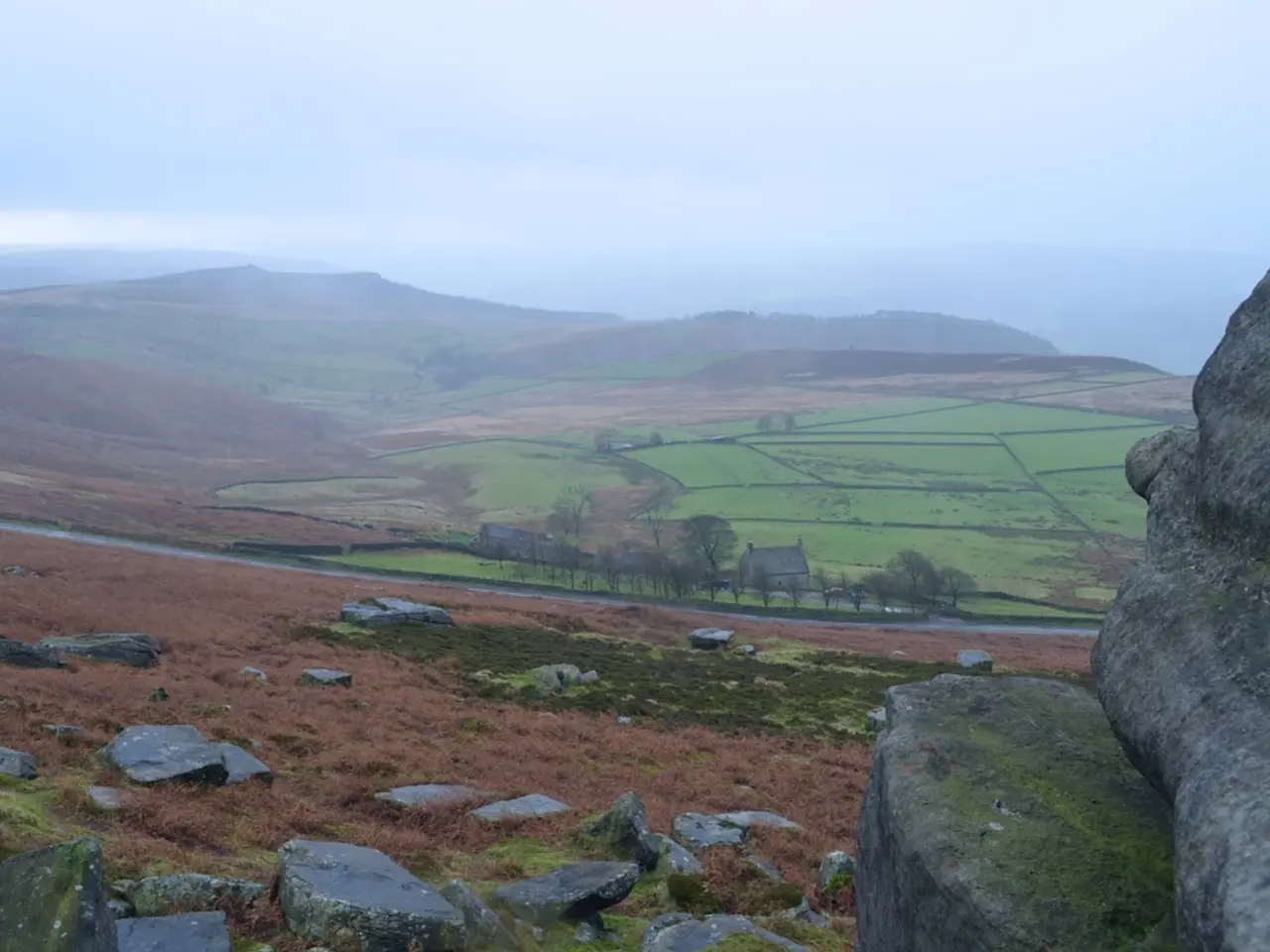Nile Angels Meeting a tragic demise
In the heart of Egypt, on the banks of the Nile, lives Fikry Kashef, a renowned Nubian folk singer. Born in 1964, Kashef was displaced from his homeland in southern Egypt, a story shared by many Nubians who were uprooted in 1964. His family resettled in Tahjir Abu Simbel, one of 44 new and desecrated villages in arid regions of Egypt.
Kashef's songs are an archive of history and loss for the Nubian people. They echo the tales of a civilization that dates back to 5000 BC, when Nubians are believed to have lived in the Nile Valley. His music, with its pentatonic musical scale, is a testament to a culture that has endured centuries of change.
The Nile River, the lifeblood of Egypt, currently supplies more than 90% of the country's water. However, its future is uncertain. Researchers from Dartmouth College have predicted that the Nile won't be able to meet demand, potentially bringing water scarcity to between 20% to 40% of the Nile basin's population. Climate change poses a significant risk, with changing rainfall patterns and volatile temperatures increasing the Nile's vulnerability.
The construction of the Aswan High Dam, completed in 1970, displaced tens of thousands of people and radically transformed the Nile's ecosystem. It led to high levels of wastewater pollution. The dam, however, is now facing competition from the Grand Ethiopian Renaissance Dam, announced by the Ethiopian government in 2011.
The Grand Ethiopian Renaissance Dam is a much-needed solution for the more than 60 million Ethiopians without access to electricity. However, its construction will decrease the flow of freshwater to Egypt by 25% and the amount of electricity generated from the Aswan High Dam by a third. This could have severe consequences for Egypt's water supply and agricultural land, particularly the Nile delta, which supplies over 60% of the country's agricultural land.
On Elephantine Island, not uprooted during the tahjir, Nubian archivist Mohammed Sobhy lives. Sobhy founded "The Nubian Library" to research and preserve Nubian culture and history. The water on Elephantine Island still irrigates crops and supports date trees, a stark contrast to the arid lands where many Nubians were resettled.
The Nile River is believed by Nubians to be guarded by a network of angels and spirits. As the river faces challenges, the future seems uncertain. Worst-case scenario climate models forecast that, by 2080, water supplies will decline, potentially leaving over half of this population without enough water. The World Bank estimates that, by 2050, 216 million people—86 million of whom come from sub-Saharan Africa—will have to leave their ancestral lands due to impacts, including water shortages.
Amidst these challenges, Kashef continues to sing, preserving the history and culture of his people. He spends most of his time at Eskaleh, an eco-lodge on the edge of Lake Nasser that he built by hand and opened in 2005. Eskaleh, a replica of a traditional Nubian home, sits on land just a few miles short of where Kashef's childhood home once stood.
As the Nile faces the challenges of the 21st century, the stories of Kashef and Sobhy serve as a reminder of the resilience and enduring spirit of the Nubian people. Their struggles and their music echo the timeless rhythm of the Nile, a testament to a civilization that has survived and thrived for millennia.








